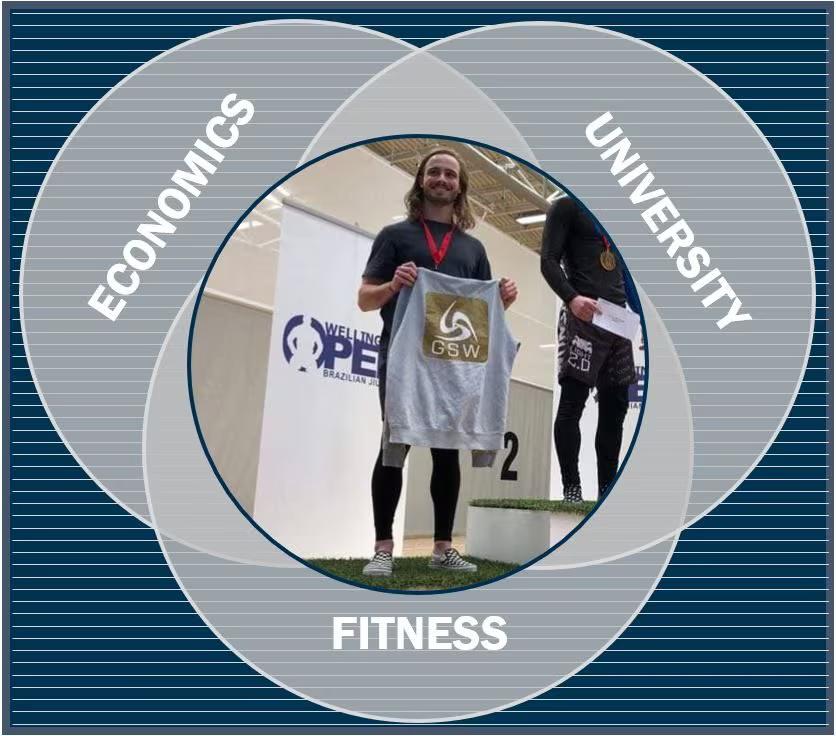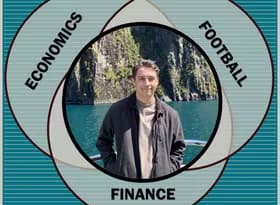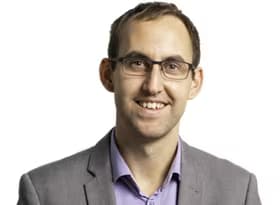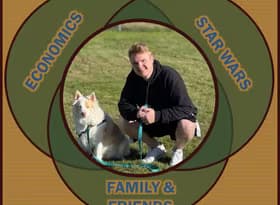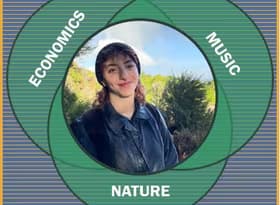Paul Barkle has been at Infometrics since 2017, juggling both work as an economist and study. Paul works across a wide range of areas at Infometrics and was involved with updating models in our forecasts that were released last week.
This month we chat to Paul about a day in the life of an economist: how he came to be an economist and what he sees in the future.
Bio – Paul Barkle
Studies at: Victoria University of Wellington (Bachelor of Commerce with Honours (Economics)).
Resides in: Wellington
Jacqui Clarke: What awakened your interest in economics and started you on your career path?
Paul Barkle: My brother gave me the book Freakonomics for Christmas while I was in high school. I found the book super interesting and it helped me to realise how broad of a subject economics is and that it can be used as a framework to look at almost any problem.
Economics can be used to help improve health outcomes and life expectancy and decrease poverty and severe inequality. I realised economics is a tool I could use to help make the world a little bit better of a place and I thought it was something I was interested in pursuing.
Jacqui: Can you describe a typical day at work?
Paul: I think because I split my time between university and work, I don’t tend to have a typical day. How much time I’m spending and where tends to depend on how busy my schedule is and what deadlines I have approaching for each. If I am under the pump for university my hours at work tend to be a little lower and vice versa. I’m currently in my fourth year at Victoria, completing my honours in economics. But when I am at work, I’m usually updating spreadsheets with new data, writing news releases on new statistics, or working on reports for clients.
Jacqui: What are you working on now?
Paul: I’m currently working on two main things. Firstly, I’m finalising the numbers for our migration and tourism forecasts. Secondly, I’m working on an economic impact analysis for a possible new hotel, estimating how much activity it is likely to bring into the local economy.
Jacqui: What was the most interesting or challenging project you worked on?
Paul: Over the summer just passed, I ran our industry forecasting model. This model forecasts employment by 500 industries in every territorial authority in New Zealand. It was lots of work and required a lot of upskilling for me to understand code in R a little more than I previously did. Luckily, I managed to get all the forecasts done in time for the upload!
Jacqui: What is the nature of your work at Infometrics and how do clients benefit from what you do?
Paul: I do a couple of things at work which are of interest to clients. Firstly, I update some of the data available for them to download from our website. As I said above, I also run some of our employment forecast models as well as tourism and migration. Lastly, if I’m not too busy with uni I sometimes help with specific consulting projects for clients, such as the economic impact assessment I mentioned above. These reports help clients make informed decisions on proposals and understand their local economy better.
Jacqui: What do you enjoy doing when not at work?
Paul: I’m a blue belt in Brazilian Jiu Jitsu and spend most of my evenings during the week training for that. I also enjoy just keeping up my general fitness and spend a bit of time at the gym.
Jacqui: And finally, what is an intriguing fact about you?
Paul: When I was young, I remembered how fast a snail moves – which I can still remember to this day. If you’re interested, the answer is on average 0.000362005 miles an hour. Although don’t ask me what that is in km.
Jacqui: Thanks for taking the time to chat to us Paul.
